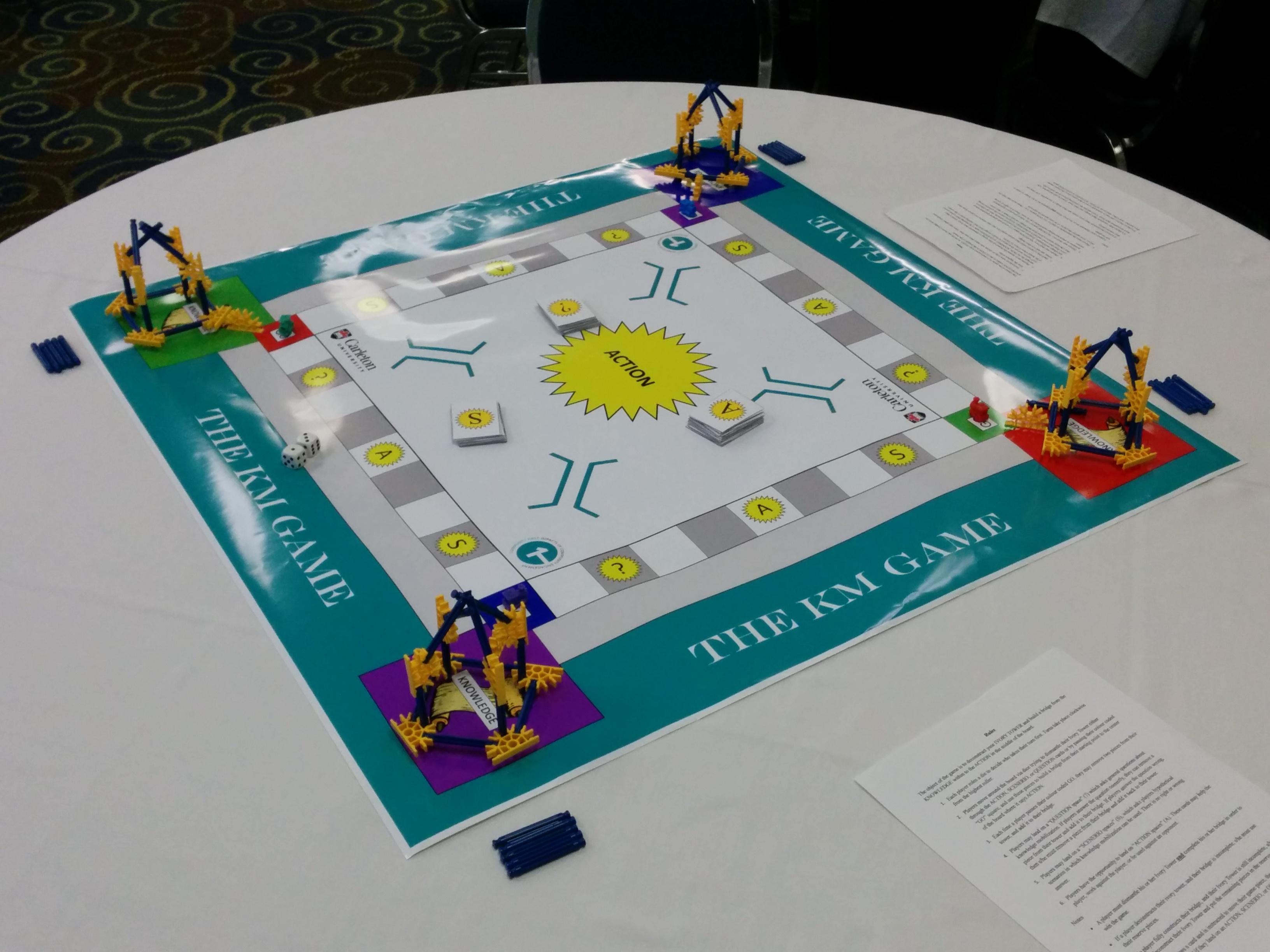 How does one go about the daunting task of strengthening Canadian communities? They do so by connecting with like-minded people to address an equally formidable question. In the case of the CFICE project, that question is: How can community campus partnerships be designed and implemented to maximize the value created for non-profit, community-based organizations? The CFICE project at its core is a group of people across Canada that seek to connect the academic institution with the surrounding community and encourage partnership that will ultimately enact positive changes.
How does one go about the daunting task of strengthening Canadian communities? They do so by connecting with like-minded people to address an equally formidable question. In the case of the CFICE project, that question is: How can community campus partnerships be designed and implemented to maximize the value created for non-profit, community-based organizations? The CFICE project at its core is a group of people across Canada that seek to connect the academic institution with the surrounding community and encourage partnership that will ultimately enact positive changes.
Looking back at my time spent as a research assistant with the knowledge mobilization hub of the CFICE project, it’s hard to put to words the experiences I’ve had and the things I’ve learned. From having the opportunity to speak in front of experts in the field of KM, to dabbling in the logistics of patents and intellectual property, CFICE has provided experiences that I never would have thought available given my current academic and occupational direction. Indeed throughout my time with CFICE I have had the opportunity to help in organizing multi-community and multi-campus conferences, I have been able to attend conferences in differing parts of Canada, I gained valuable experience in dealing with large groups of people (especially time management skills in organizing meetings), and helped in the development of novel a KM tool (the Knowledge Mobilization Game).  Along with these invaluable experiences I also was able to see firsthand the difficulties surrounding the implementation of knowledge mobilization both in and out of academia. For example, traditional avenues of knowledge dissemination are usually limited to publishing in relevant journals and perhaps attending a conference. Furthermore, aside from issuing surveys to potential users of knowledge it is difficult to measure the impact knowledge mobilization has on the community. Fortunately the former problem is slowly being addressed through changes in granting policies and the incorporation of KM strategies when attempting to secure funding.
Along with these invaluable experiences I also was able to see firsthand the difficulties surrounding the implementation of knowledge mobilization both in and out of academia. For example, traditional avenues of knowledge dissemination are usually limited to publishing in relevant journals and perhaps attending a conference. Furthermore, aside from issuing surveys to potential users of knowledge it is difficult to measure the impact knowledge mobilization has on the community. Fortunately the former problem is slowly being addressed through changes in granting policies and the incorporation of KM strategies when attempting to secure funding.
Prior to my university studies at Carleton University, were someone to ask me what knowledge mobilization was and what it entailed I simply would have told them that it was the movement of knowledge. Although not wrong, that assumption would fail to capture the essence as to what knowledge mobilization truly is. Knowledge mobilization is more than getting knowledge from one person to another. Knowledge mobilization is about putting research into action– it is about doing everything possible to ensure that that knowledge gets implemented in order to enact the best possible outcomes for a given situation.
Moving forward I have been lucky enough to have the opportunity continue my studies at the doctoral level. As I pursue further graduate work I do so with a greater understanding and appreciation for knowledge mobilization and what it truly entails. The usual avenues of knowledge dissemination and exchange, although tempting, are becoming insufficient in ensuring that the knowledge generated from research is actually implemented. Knowing this, and using the skills I have learned during my time with CFICE I hope to put my future research into the hands of those who will truly benefit from it and therefore ameliorate both the academic and public communities.